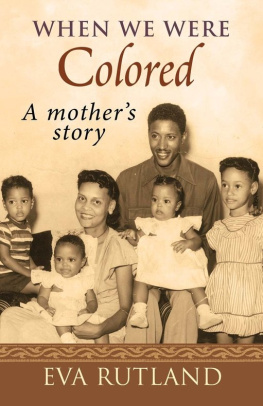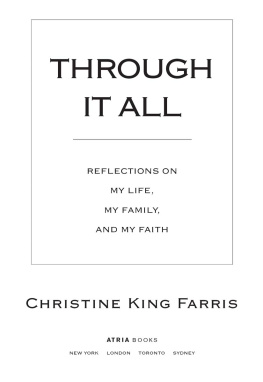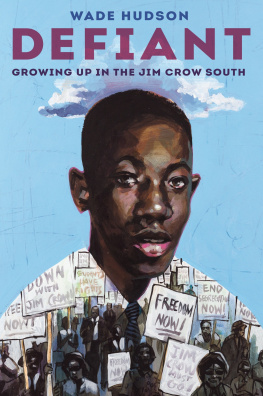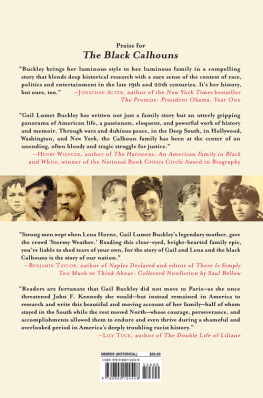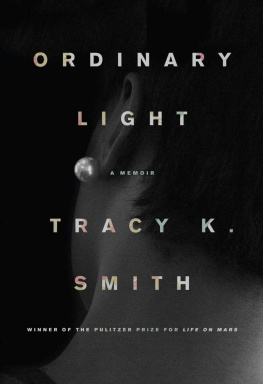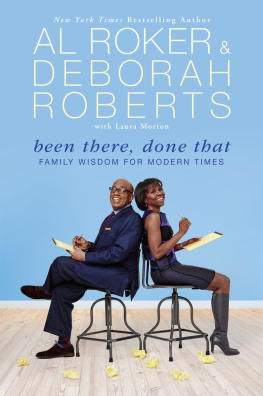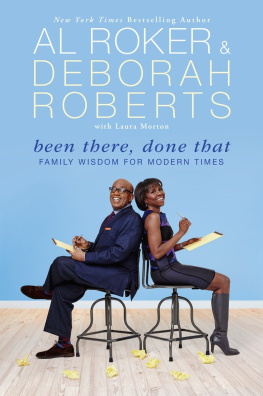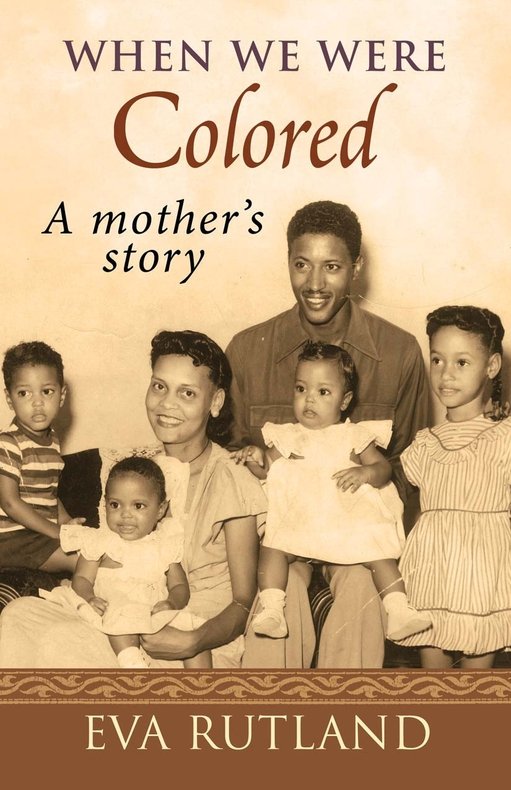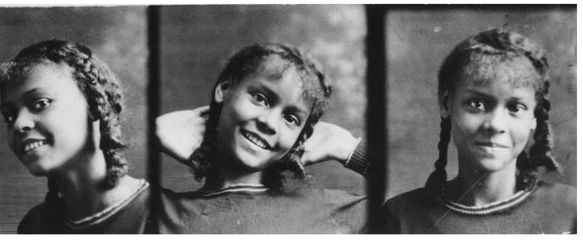EVA RUTLAND was born in Atlanta, Georgia, in a house built by her grandfather, a former slave. Her father, Samuel Neal, was a pharmacist, and her mother, Eva Westmoreland Neal, a teacher.
She attended a private elementary school and Washington High, the only public high school for Atlantas Negroes at the time. In 1937, she received a bachelors degree from Spelman College, with a major in economics and a minor in English and drama.
Eva Rutland has been telling stories all of her life. Her first published piece was A Christmas Story, which appeared in the Atlanta Daily World, Atlantas black newspaper when she was about twelve. She began to write seriously when her children were young, in an attempt to promote more understanding between black and white mothers. The first of these articles, Elsie and God, appeared in Redbook magazine in 1952. Her first book, The Trouble with Being a Mama, was published in 1964.
She sold her first romance in 1985 and has published more than twenty books since. Her Choices was one of thethree novellas in Girl Friends, which was a finalist for outstanding fiction in the NAACP Image Awards, 1999. She received the 2000 Golden Pen Award for Lifetime Achievement. She married William Rutland in 1943. She lives in Sacramento, California, and has four adult children, six grandchildren, and one great-granddaughter.
Eva Rutland at age 12 in Atlanta, Georgia
The Trouble Is...
T he trouble with being a mama is you worry too much. You worry about why Tommy spits up his milk and smells so sour, why Archie sucks his thumb, why Annie cant grasp Spanish, why that absolute doll wont ask Doris to the platter-hop, why Patty has so many boyfriends, how on earth to keep eight wriggling Cub Scouts still enough to make eight sparkling pairs of earrings for eight sparkling mamas sparkling Christmas presents (well, sevenyoure willing to forgo yours), how to get children who dont like eggs to eat good solid breakfasts, how to stretch the budget to include those nourishing eggs they leave on their plates, how to calm a husband who doesnt like eggs left on plates that a budget had to be stretched to include, why other kids look so scrubbed and yours look so grimy, what to do about smelly feet (why doesnt somebody invent sneakers that dont make feet sweat?), how to get a bass fiddle and four-foot boy to school together without carrying them yourself, how to discipline Billy without warping his personality, how to keep your husband from warping Billys person, how to iron blouses with no cat faces, how to get Tommy to wear hispants around his waist instead of his hips, how to straighten curly hair, how to curl straight hair, and how to make uniforms for Girl Scouts who are going to serve in the childrens hospital (you know this is good training but you never could look a needle straight in the eyeand why dont the uniforms come ready-made?). And if youre a Negro mother you have a few extra worries. Will Sarah be accepted at Mr. Diddlywhats Dancing School and can the kids swim in the public swimming pool? How adequate is Joeys segregated school or how integrated is his integrated school? And what to do when somebody calls him a nigger?
My big trouble is I wasnt trained to be a mamawell, not the worrying type anyway. My mama never worried. Oh, about fundamentals, like how to pay the bills and what to cook for dinner. But about children, no. You bathed em, you fed em, and you made em behaveand that was it. My mama was a school-teacher but I dont believe she ever read a psychology book in her life. She had one method of disciplinea peachtree switch applied vigorously around ones legs. Her approach was to get rid of a bad habitand who ever heard of personality? I remember my aunt couldnt stop one of my cousins from sucking her thumb so she sent her over to my mama. Mama broke the habit in three days. She simply tied said thumb to the bedpost out of reach of said mouth, with no thought of substitutions and no qualms about said childs emotional stability and security and whether said childs parents quarreled in the presence of said child. Said child now has married, has thumb-sucking children of her own, and from what I can see has a well-rounded personality, suffering no ill effects or frustrations from said thumb incident.
The only time my mother used psychology (and it was strictly the homemade or mother-wit kindIm sure she never got this out of any book) was when one of her own cherubs snitched three pennies out of her purse to purchase an oversized cherry lollipop. This was in the days when allowances were unheard of and any store-bought delicacy had to be strictly accounted for. The source of the lollipop was immediately traced and punishment promptly administered. Not the peachtree switch variety. Stealing was a major infraction and called for major surgery. The punishment (get this, now) was for the culprit to wear a blindfold for three hours and pretend he was blind. I really thought he was and set up such a howl that he had to peek under the blindfold to show me that he could really see. I never did see the connection between the blindfold and stealing, but the punishment had its effect and served as an example to Mamas other children as well as the culprit. It scared the daylights out of me, and I dont remember another incident of stealing in the history of our entire family.
Nowadays the punishment for stealing is not so simple. One must first see that the child is loved, has some valuable possessions of his own, is made a junior partner in the family firm, is presented with an itemized tabulation of how Dads income is spent, and is provided with some small service that will enable him to earn the money to buy whatever his little heart desires. Then, as I think I read somewhere, Johnny no longer has to try to satisfy his deepest hungerhis hunger for loveby making forays on his mothers purse.
But, as I said, Mama was not confused by psychology. And for the nigger problem, she had one answeryou were not a nigger, you were a Negro, a word uttered with such dignity that you were proud of the fact and sorry for theignorant so-and-so who didnt know the difference. As a matter of fact, Mama was not only conscious of her own dignity and worth. She was absolutely and irrevocably conscious of everyone elses dignity and worth, and that took some doing in the neighborhood in which we liveda strange mixture of races and classes and creeds. The Jews centered around their synagogue on Pryor Street, the middle-class white people on Formwalt, the poorer whites across the street, and the poorer Negroes huddled in the shacks on the alley in back of our lot.
The neighborhood was not new to Mama. She had been born there when there was nothing but trees around and a creek, long since dried up. Her father had built our house long before the Jews built all around them. Mama used to slip out to wash diapers and help in their kitchens and slip back in before Grandpa got home. Grandpa was proud, and his shoe shop on Whitehall Street had thrived. He brought sugar and flour in by the barrelfuls, and he kept his childrenall eleven of themwarmly clothed, and he didnt mean to see them in anybodys kitchen. He saw them all finish college before he died. Mama had been there during the riot between the Negroes and whites, She often told how Mrs. McBride, their white neighbor on the hill, had come down and said to her mother, Well, Emma, if the white folks come, you all come up to our house, and if the black folks come, well come down here. That way, well all be safe. Good neighbors, thats the way Mama felt, and she kept feeling that way, even as the neighborhood grew more complex.

